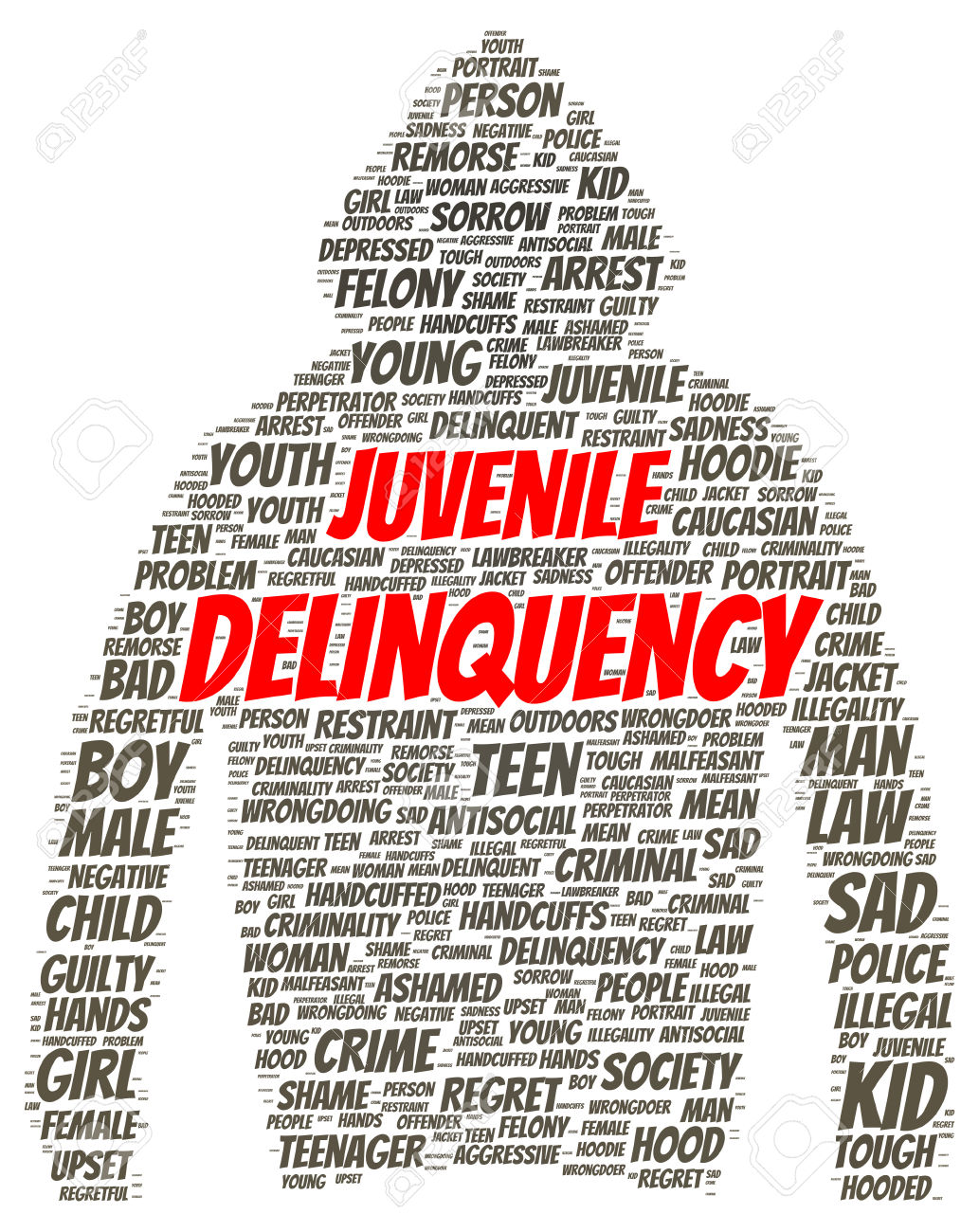
Tribone Center Opens Youth Expungement Clinic
By Zachary Zabawa, Staff Writer
This Fall, the Duquesne University Law School expanded the legal services offered to the community via the Tribone Center for Clinical Legal Education. The Tribone Center, through its Juvenile Defender Clinic, began a Juvenile Expungement Program to serve the area’s young adults in clearing their prior criminal histories from their official records. The Duquesne University School of Law’s Tribone Center already offers an expansive assortment of legal services to Pittsburgh’s most vulnerable communities. The Center serves Veterans, Families, Minorities, those in poverty, and other at risk populations who typically cannot afford legal representation of their own. The Center provides 2nd and 3rd year law students the opportunity to experience real life legal situations while serving the greater Pittsburgh area. The most recent service to be provided by the Tribone Center is the Juvenile Expungement Program. Professor Sizemore-Thompson has initiated the Juvenile Defender Clinic and hopes to expand its reach in the coming the months, a third expungement program is already being scheduled for January 23rd, 2016.
First things first, what is an Expungement? Why would you need one? And why is it helpful?
In Pennsylvania, a prior criminal record can be cleared, or expunged, if certain criteria are met. If an individual has a criminal record, some charges may be able to be removed through the rather simple expungement process which includes filing a recent Access & Review along with 3 other forms a Petition, Order and Cover Sheet. These forms are relatively easy to fill out and the longest part of the process is waiting for the Access & Review to be sent from the Commonwealth of Pennsylvania which can take up to 6 months. The types of cases that can be expunged from a criminal record are those that were: withdrawn, dismissed, nolle prossed, unreported, or in which the defendant was found not guilty. If an individual plead guilty or was found guilty, such offenses will require a pardon.
The juvenile expungement is slightly different. In the juvenile context, charges eligible for expungement are those that resulted in dismissal, consent decree, if the individual is over the age of 18, or if 5 years have passed since the offense was adjudicated. The latter two categories require the consent of the district attorney in the county that the offense occurred. An expungement is similar to the adult version in that the charges are erased from the criminal record of the individual. Expungements are important in the juvenile context because an existing arrest record can prevent adequate employment, higher education, and housing. By going through this process a young adult can effectively give themselves a second chance and start over with a clean slate.
According to the Professor Sizemore-Thompson, “The work of expunging juvenile records is not the most flashy work of delinquency defense, but it is incredibly critical. Although many people believe that the consequences of juvenile court are benign and all of the records are confidential, that’s simply not true. Many juvenile records in Pennsylvania are open to the public which, in turn, makes them open to background checks from potential employers, schools, and landlords.”
The availability of juvenile expungements is crucial to breaking the cyclical pattern of repeat offenders and their dependence on public assistance. A problem that faces those with criminal records is that after they pay their debt to society, they are then released to a public that by are large wants to deny them an opportunity to redeem themselves. Those with criminal records find it virtually impossible to gain adequate employment to sustain themselves and are often trapped in the service industry or entry level positions. By permitting the expungement of records, we enable those with prior criminal histories to reenter the community, support themselves, and establish a stable future in which they will no longer have to look to crime to get ahead financially. As Professor SIzemore-Thompson put it, “Juvenile court should be a place where those young people who are adjudicated receive treatment and rehabilitation without having a record that haunts them for the rest of their lives.” The most important aspect of this program is that it focuses on kids. A minor who gets into trouble should not be barred from a full-time job, military service, or college for the rest of their lives. It is important to provide the youth of our community a second chance. Professor Sizemore-Thompson said, “The purpose of seeking the expungement on behalf of these clients is to give them an opportunity to turn the page and become fully-engaged and productive citizens.” Without this second chance, all society does is set them up to reenter the criminal justice system and forever be dependent on government institutions.
The Juvenile Defender Clinic, as well as the Tribone Center, are committed to providing representation to the “at risk” populations of our community. The Juvenile Defender Clinic serves children facing delinquency charges, as well as children and adults who are seeking to have their juvenile records expunged. After the success of the initial juvenile expungement events, a third additional event has been scheduled for January 23rd 9:30 to 3:30. If you are a law student interested in volunteering for this event please contact Professor Sizemore-Thompson at sizemoret@duq.edu. Those who participate are eligible to receive Pro-bono hours.
Expungement information cited from:
Neighborhood Legal Services: http://www.nlsa.us/prose/expungement_allegheny.pdf
Juvenile Law Center: http://www.jlc.org/sites/default/files/publication_pdfs/expungeguide.pdf
Photo: (Royalty Free Stock Image)
http://www.123rf.com/photo_32549780_juvenile-delinquency-word-cloud-shape-concept.html